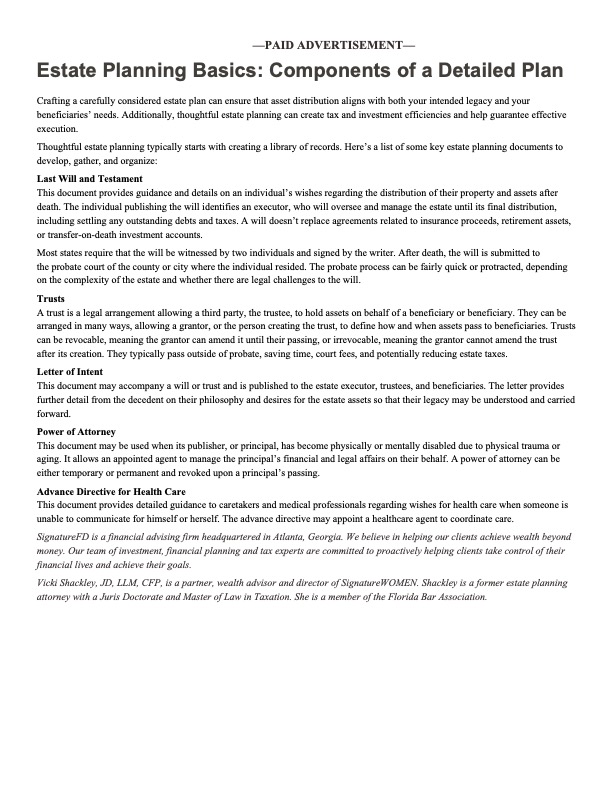Duke Bradley, III, Ph.D.
As Executive Director of Atlanta’s Wesley International Academy, I am often asked about our school’s approach to teacher pay. Although a casual redirection to our salary scale would probably answer the question that most people want to know, “How much will I make?,” spreadsheets full of numbers don’t necessarily communicate what we value about teachers or the contributions they make to the lives of children.
Last spring, the Wesley International Academy Governing Board of Directors unanimously approved a new teacher compensation model. Admittedly, it is imperfect. But what it has done is inch us toward an approach to teacher pay that is more thoughtfully prepared than the unimaginative salary scales we’ve all become accustomed to. Having initially worried about the long-term sustainability and reasonableness of the model, we eventually toppled those fears and were able to accomplish something that many schools and school districts have been unable to do in recent years. We increased teacher pay and did so by nearly 12%.
Our model pays teachers a baseline salary that corresponds with the local school district’s scale. In Atlanta that positions them to be among the highest earners in the country. Within the model, there are essentially three points of entry: Novice (0 to 3 years of experience), Emerging (3 to 5 years of experience), and Master (6 or more years of experience). As a teacher prepares to transition into another professional category, they receive a cumulative review whereby performance is examined in a way that extends beyond considerations of student achievement. This review does more by taking a holistic approach to compensation. It examines things like contributions to the intellectual community and considers whether continual professional betterment has been pursued. It also measures whether or how the school has been enhanced through the teacher’s service and commitment.
At Wesley International Academy we believe that there is no way to accurately quantify a teacher’s worth. Teachers literally perform tasks that are as complex as the work of neurosurgeons at a fraction of what they earn. Yes, teaching 20 children to read is no less difficult than performing a lobotomy or a spinal cord fusion. Although teachers may never earn as much as neurosurgeons, perhaps how we think about paying them will help elevate the esteem of the profession. After all, teachers and neurosurgeons share a very similar purpose; they are both in the business of saving lives.
Dr. Duke Bradley, III is the Executive Director of Atlanta’s Wesley International Academy. The K-8 International Baccalaureate charter school is in its eighth year of operation and is located at 211 Memorial Drive. Visit www.wesleyacademy.org, follow the school on Twitter at @wia12, or email duke.bradley@wesleyacademy.






Comments are closed.